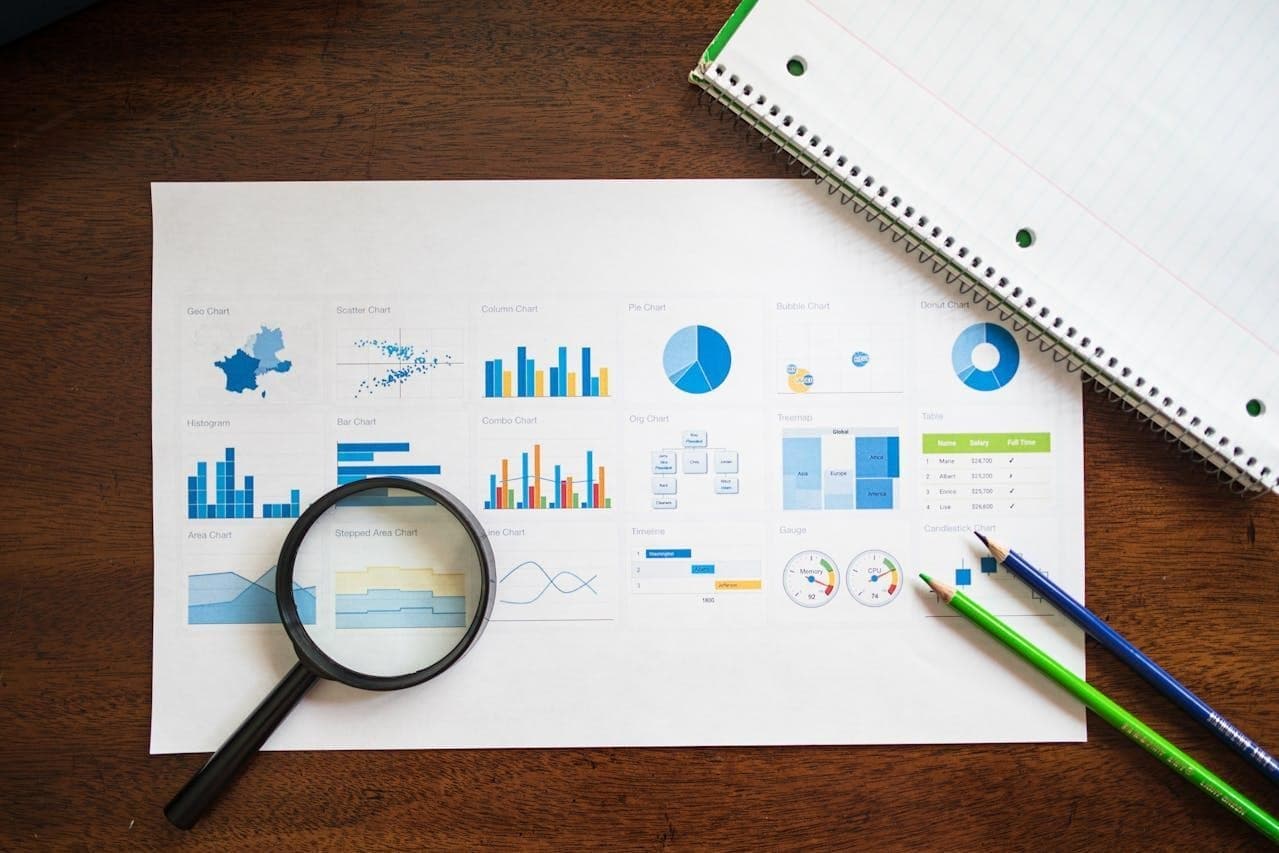
The Cost of Delay: Why Timing Shapes Financial Survival

We tend to think of money in terms of how much we earn or spend. But just as important is when those dollars move. In today’s fast-moving economy, delay isn’t neutral. It’s a decision with a price tag. Procrastination has always been costly, but now the margin for error is smaller. Interest rates are unpredictable. Supply chains are still wobbly. And for self-employed professionals or small business owners, that “later” mindset can snowball into real financial risk.
In this blog, we will share how timing affects everything from your business structure to your tax burden, and how being early (rather than just on time) can shape whether your financial choices build momentum or set you back.
Timing Isn’t Just for Wall Street
Financial timing gets a lot of attention in investing circles. Buy low. Sell high. Get in early. But those principles matter far beyond stocks. For freelancers, LLC owners, and anyone running a lean operation, timing shapes every corner of a business. Cash flow, invoicing, payroll, deductions—they all have a rhythm. Miss one beat and it takes twice as long to recover.
Take taxes, for example. Many people wait until spring to start thinking about their returns. But by then, the year’s over. Choices you could have made—like restructuring your business or maximizing deductions—are now just regrets.
That’s where tools like an S Corp Tax Calculator make a real difference. Not in April. In January. It helps business owners figure out whether electing S Corporation status could cut down their self-employment tax burden. The calculator takes your income, expenses, and location into account and shows what you could have kept—if you’d made the move earlier. It’s not just about knowing the numbers. It’s about knowing them before they cost you.
The Hidden Price of Waiting
The irony is that waiting feels responsible. People say, “Let me get everything lined up first.” But that mindset usually delays momentum. The reality? Most financial fixes aren’t dramatic. They’re small shifts that add up. Waiting to start a retirement account because “it’s not enough to matter” ignores compound growth. Waiting to track business expenses because “you’re not making much yet” means you won’t know when that changes.
Even delaying something as simple as setting up quarterly tax payments can lead to penalties that eat into profits. The IRS doesn’t accept “I was busy” as an explanation. Neither does your future self when the refund is smaller than expected or the audit hits harder than it should.
This is especially true when it comes to choosing your business structure. Many sole proprietors stick with their default status far longer than they should. They’re overwhelmed by paperwork or worried it’s “too soon” to upgrade. But the structure you choose affects your income, liability, and tax exposure. Choosing wrong—or choosing late—can cost more than just money. It can cost time you don’t get back.
Why Early Planning Means Less Stress Later
If you’ve ever rushed to meet a financial deadline, you already know the panic tax. It’s the cost of overnight document delivery. It’s the price of hiring someone last-minute to clean up your books. It’s the stress of knowing you’re behind before you even start. Planning ahead doesn’t just make you more organized. It gives you options.
Early action means you can move with intention, not reaction. It means you can pick the right tools before your profits are taxed more than they need to be. It means you can see trends in your income, set goals that match your capacity, and make informed decisions about expansion, hiring, or new investments.
It’s not about predicting everything—it’s about being ready to adapt. When change comes, those with a solid foundation adjust, while others scramble.
From Habit to Advantage
Timing well isn’t about being perfect. It’s about building habits that put you one step ahead. Checking in monthly on your income. before the quarter ends. Talking to a tax professional in the fall instead of spring. None of these things are hard, but they require a mindset shift: from “I’ll handle it when I have to” to “I’ll handle it while I still can.”
The good news is this kind of mindset compounds. Like financial returns, small early actions create momentum. You become the person who isn’t surprised by bills. Who knows where the receipts are. Who says yes to growth opportunities because the basics are already handled. That’s a powerful place to be.
And if you’re just starting? Even better. You’re not behind. You’re early. Use it. Run the calculations. Ask the questions. Set up the tools. Let your timing work for you—not against you.
Being financially ready isn’t about having a perfect balance sheet. It’s about knowing what’s coming, planning with clarity, and having the confidence that you’ve already thought two steps ahead. And in an unpredictable economy, that kind of foresight is not just smart—it’s survival.